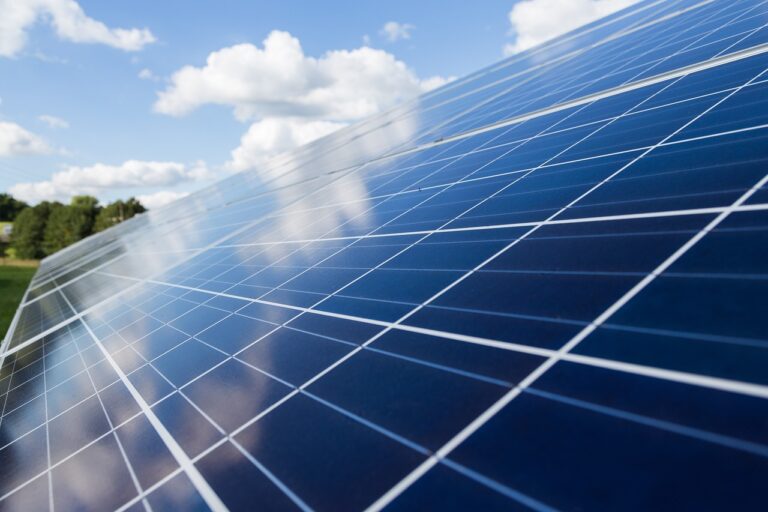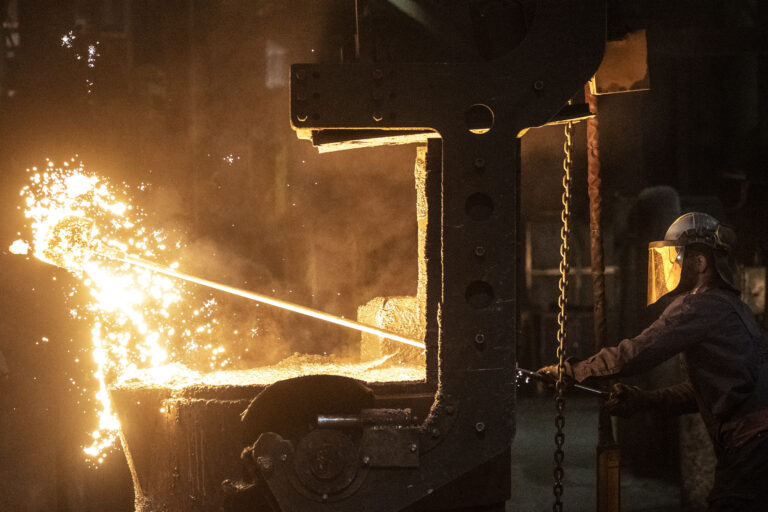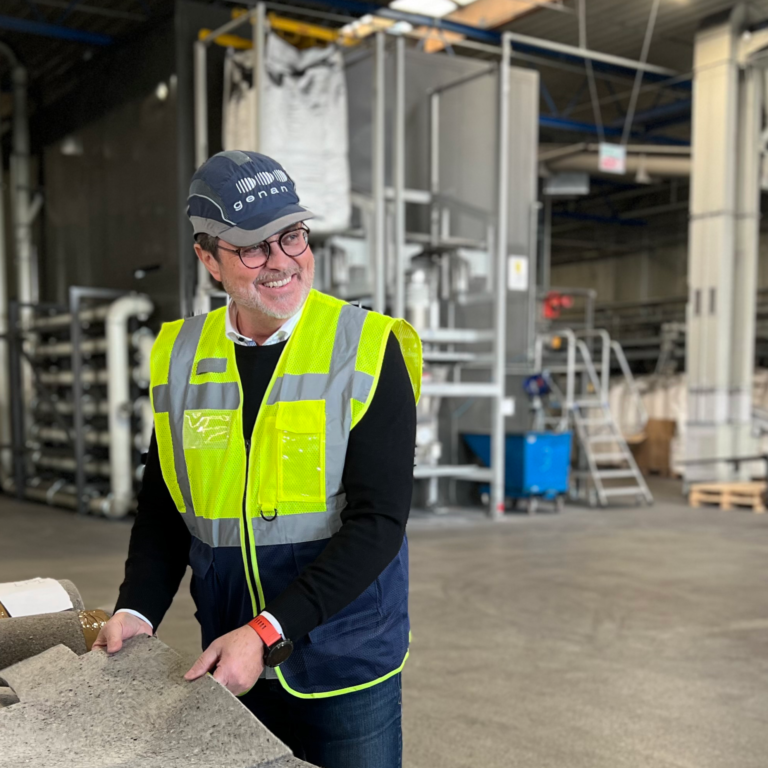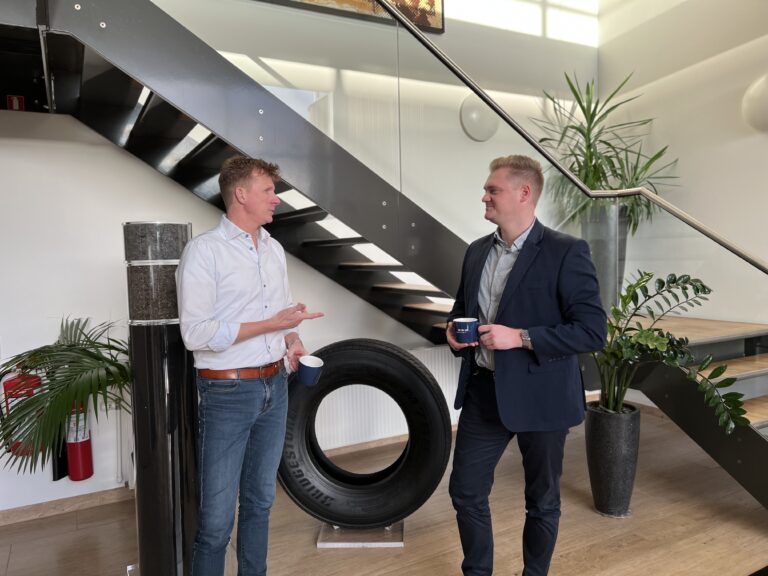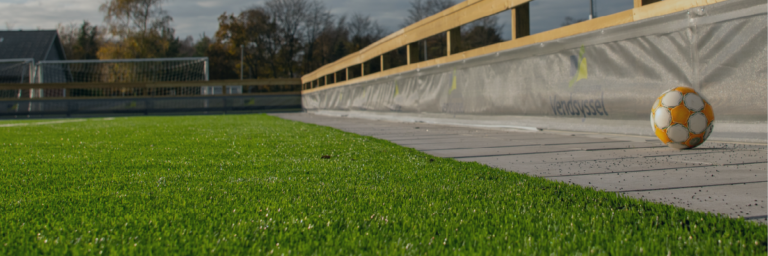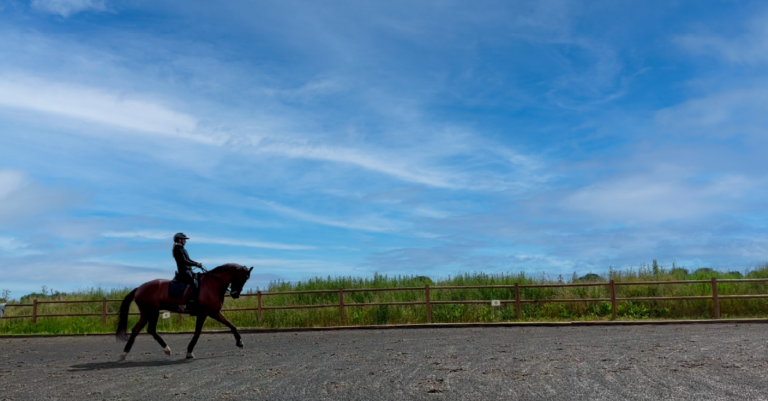Thomas Boehme, CEO at Genan Inc., joins the Tire Recycling Foundation Board of Directors.
Foundation led by the U.S. Tire Manufacturers Association (USTMA) and the Tire Industry Association (TIA) names CEO at Genan Inc., Thomas Boehme, to lead tyre circularity and sustainability efforts.
Genan, together with 24 other Danish companies, has signed a groundbreaking agreement to purchase electricity from a new solar park in Mesballe, Djursland. The agreement, a so-called Power Purchase Agreement (PPA), not only ensures electricity supply from renewable energy but also marks an important milestone for the companies’ role in the green transition.
A PPA is an electricity purchase agreement that allows companies to buy electricity directly from new solar and wind farms outside of the market and at a fixed low price over several years. The long-term agreements provide financing for the construction of the new wind and solar parks, thereby reducing the companies’ CO2 emissions while providing cost stability.
The new solar park will be able to produce 14 million kWh annually, equivalent to the electricity consumption of more than 3,100 Danish households. The solar park is expected to be ready by the end of the year.
“At Genan, we have high energy consumption, and it is crucial for us that this is covered by renewable energy to achieve our ambitious climate goals,” says Christian Kirkegaard Madsen, Group CFO at Genan, and continues, “We are pleased that we can now help realise this PPA project in collaboration with 24 other climate-ambitious companies and the electricity supplier, Reel. It has proven that the green transition is not always straightforward when it comes to government approvals, so it is a great victory to get this project in place.”
Solar Park with a Focus on Biodiversity
The solar park in Djursland is designed with respect for both the climate and local biodiversity. About 40,000 square meters of the area will be left free of solar panels to promote the growth of wild plants and provide habitats for bats. Additionally, fruit trees will be planted under the transformer lines, and wildflowers will be sown around the solar panels to strengthen the local flora.
Genan’s commitment to the solar project demonstrates the company’s continued focus on sustainable solutions and green transition, both in terms of energy consumption and collaboration with the local community.
World-largest mechanical tyre recycling group, Danish-owned Genan, achieved a turnover of EUR 58.7 million in 2023. Compared to the previous year, this corresponds to a minor, 7% drop. Despite lower sales, EBITDA increased by more than 50% to close to EUR 9.4 million. Operating profits (EBIT) multiplied from just over EUR 750,000 to EUR 3.2 million, while net earnings, negatively impacted by currency exchange rates, increased to EUR 2 million compared to EUR 1.5 million in 2022. The Genan group considers the annual accounts to be satisfactory, expecting a continued, positive development of key financial ratios in 2024.
Together with the companies Arkitema, Baettr, COWI, Gardit, Combitherm and Swipbox, Genan has signed a Power Purchase Agreement (PPA) with the electricity company Reel, securing the construction of a new solar park in the Danish town Fårvang near Silkeborg. From 2024 and five years ahead, Genan will be supplied with power from the new solar park – benefiting both the climate and the bottom line.
A PPA is an agreement that allows companies to buy power directly from new solar and wind farms, bypassing the market and at a fixed low price over a number of years. The long-term agreements secure financing for the construction of the new wind and solar farms, thereby lowering companies’ CO2 emissions and providing them with cost stability.
“We are proud to be part of a sustainable energy development together with Reel and six other climate-ambitious partners. At Genan, we have a high energy consumption, which will now be partially covered by renewable energy – the first of several important steps towards a smaller carbon footprint and fully in line with the green DNA in our company. In addition to our share in the solar park in Fårvang, more self-established renewable energy is on the way at our factories in Viborg and Oranienburg; projects that we look forward to establishing in the near future,” says Christian Kirkegaard Madsen, Group CFO.
Genan has solar projects on the drawing board for both Viborg and Oranienburg, which will further increase the share of renewable energy for the factories in the future. These will be installed on Genan’s own sites and are part of a larger plan at the recycling company.
“It is important for us to continuously rethink and develop our business in a sustainable direction. As we recycle a resource that is otherwise waste, the green aspect is not hard to spot, but it needs to fit the whole picture of Genan to a greater extent. And the renewable energy initiatives are part of that,” Christian Kirkegaard Madsen continues and concludes:
“Additionally, the solar panels will create more stability for our operating costs. An advantage that benefits both ourselves and our customers after a long period of high fluctuations in energy prices.“
World-largest tyre recycler, Danish environmental company Genan, achieved a record turnover of more than EUR 62 million last year, representing a 4.6% increase in comparison with the previous year. Yet earnings dropped from close to EUR 3.5 million in 2021 to EUR 1.5 million in 2022 – mainly due to high energy and freight prices.
To someone with a green heart, this may sound like a pipe dream, but in fact, “forever reusable products” are reality at the BIRN iron foundry in Holstebro in Denmark. Cast iron can be recycled over and over again. And you can even mix in another sustainable resource as well – namely steel from end-of-life tyres.
Read the case story here: Forever reusable products
Expanding the team for the second time this year already, Genan, welcomes Michael Christensen as new Application Development Manager as of 1 February 2023.
“As Application Development Manager at Genan, Michael Christensen will be taking on the role as link-builder between our Sales, Innovation and Marketing Teams – and he will be cooperating closely with both our Production and Quality departments. This function requires both experience and product knowledge, and Michael’s many years in the industry make him the ideal candidate for this task. With a lot of innovative projects in the pipeline, his in-depth understanding of both business and products will be essential for the future development of these activities,” says Group CCO Thomas Ballegaard.
Michael Christensen lives in Denmark and will primarily be working from his office at the plant in Viborg. With more than 40 years of experience in tyre and rubber recycling, Michael Christensen brings great knowhow and expertise to support the many teams within the Genan organisation.
“I am both proud and happy to be given the opportunity to be part of the team at Genan. I have followed Genan since the early 90s and know what Genan stands for. As recycling and sustainability as a part of the green agenda is a passion of mine, the job function as Application Development Manager at Genan fits perfectly,” says Michael Christensen with great enthusiasm.
Michael Christensen has spent the last 25 years of his career in the rubber industry, focusing on the recycling of – and the production of rubber granulate from – worn-out tyres across Europe. Through this work, he has built up a strong network in various industries. A network with key knowledge and insight when it comes to developing new applications for recycled rubber.
“My onboarding programme has been great, and I look forward to working with both colleagues and customers in innovation and application development. I hope that I can successfully support the whole Genan team across all the factories, contributing with my knowhow, my network contacts and my experience,” Michael Christensen rounds off.
Genan has expanded its sales team, hiring Key Account Manager Eduard Vogt from 1 January 2023.
“We have been looking for a Key Account Manager for Germany, Austria and Switzerland for a while, and it has been worth the wait. It was very important for us to find the right person to take care of our key accounts – and so we have. With insightful experience and an inquiring mind, Eduard Vogt is the perfect match for our team – and for our customers,” says Thomas Ballegaard, Group CCO.
Eduard Vogt lives in Germany and has years of experience within the automotive industry. Now, he has started a new chapter in his career, keen to nurture current as well as new customer relations, focusing on the needs and interests of Genan’s customers.
“I am extremely happy to have become part of the Genan family. As I am very passionate about building close customer relationships, it is a privilege for me to offer my services to Genan’s customers in Central Europe,” says Eduard Vogt and continues:
“After more than six years of sales experience in the automotive aftermarket, I hope I can create value and bring new business opportunities to Genan – making good use of the knowledge and the valuable network that I gained in the automotive industry.”
And as great relations bring great solutions, joining a company with a green agenda was a decisive parameter for the new Key Account Manager when choosing the next step on his career path.
“It is exciting to see that at Genan, sustainability is not just a buzzword but really at the heart of our business model and can be found in everything we do. We will make a difference in this world – one tyre at a time,” Eduard Vogt rounds off with a smile.
The EU Commission has now started the political debate about the use of rubber granulate in artificial turf pitches. During the process prior to the Commission recommendation, different committees under the European Chemicals Agency (ECHA) have been asked to provide their assessments, including the RAC (Risk Assessment Committee), recommending a total ban of the use of rubber granulate, with a 6-year phase-in period, and the SEAC (Committee for Socio-Economic Analysis), in addition to a ban proposing the alternative of installing Risk Management Measures (RMM) on pitches to avoid spreading to areas where such dispersal is unwelcomed. SEAC was of the opinion that if dispersal could be kept below 7 g/m2 (approx. 50 kg per 11-a-side pitch) annually, this could be an alternative prudently taking into consideration the many positive properties of the pitches – such as playability all year round, excellent playing properties and thus the positive effect on public health.
The most important and most efficient RMM are first and foremost barriers along the pitch perimeter as well as grates at exit areas where rubber granulate automatically falls off boots and clothing. These preventive measures can keep dispersal from pitches at a minimal level of only a few kilos a year. A European CEN recommendation has been drawn up for this purpose.
The EU Commission has now made their move with a proposal for a complete ban of the use of rubber granulate in artificial turf pitches – with a 6-year phase-in period. The matter will now be considered in the political system, involving both member states and the EU Parliament. Main stakeholders such as the football organisations – national organisations as well as Paneuropean UEFA – will consequently in coming months, perhaps years, provide their input. So will the recycling industry at both European level (EuRIC) and at national level as well as those working with circular economy for tyres in practice – like us here at Genan. This further process may result in adoption of the proposal as is, in rejection of the proposal or in adoption of an amended proposal. It is hard to predict how long this political process will take. But it will be a comprehensive process – in terms of both workload and time.
The position of Genan is clear. It would be absolutely stupid to inhibit a good sales market for recycled products, when existing technology could limit dispersal to an absolute minimum. Incineration instead of material recycling would be the solution for approx. 500,000 tonnes of tyres in the EU alone – a huge, retrograde step for circular economy. The possibility to install high-performance artificial turf pitches in for instance cities already short of space for sports, would dramatically deteriorate, and this would have consequences for both public health, crime prevention and physical well-being. For the departments of sports and culture of local authorities, finances would suffer, as alternative solutions are far more expensive although at the same time worse. And finally, with the emission of an extra 350,000 tonnes of CO2 annually in the EU alone, climate accounts would suffer as incineration in cement kilns – or export – would be the only options for the tyres which could no longer be recycled for use at artificial turf pitches in the EU.
UEFA estimates:
- that there are 42,000 artificial turf pitches in Europe
- that 30,000 of these pitches will be affected by this current proposal from the Commission
- that the average price for pitch reconstruction (converting the pitch to an alternative technology) would be around € 300,000
- that the proposal of the Commission would impose an extra cost of € 8.5 billion in round figures upon European football
In Denmark, it is estimated that there are 380 artificial turf pitches, approx. 300 of which have rubber granulate as infill material. Should the Commission proposal be adopted in its current form, it is likely that over time, this will cost Danish pitch owners between DKK 500 and 750 million – for pitch reconstruction alone. If instead the EU chooses risk management measures (RMM) as the solution to limit dispersal of rubber granulate – to areas where such dispersal is unwanted – to an absolution minimum, then the total cost to be defrayed by Danish pitch owners will probably amount to about DKK 50-100 million. Brand new, preliminary results from Teknologisk Institut (Danish Technological Institute), working on a test and development project for Silkeborg Municipality and the Danish Football Association (DBU) indicate that with simple means, the dispersal of rubber granulate can be reduced to a marginal level. Find the first – preliminary – results from the test and development project here.
Genan will keep you informed and updated in respect of the political process related to this initiative.

VIEW
No matter whether you enjoy horse riding as your hobby or professionally, the weather is a significant parameter when it comes to outdoor riding.
Especially in the Nordic countries, where rain and sleet, snow and frost are weather report standards many days of the year, countless riding hours are spent in indoor riding arenas. The outdoor track is just one big puddle or hard as rock after several days with sub-zero temperatures.
However, using rubber granulate as top layer in horse riding arenas provides a dry and frost-free arena all year round.
Read the case story here: Outdoor horse riding all year round thanks to frost-free surface
